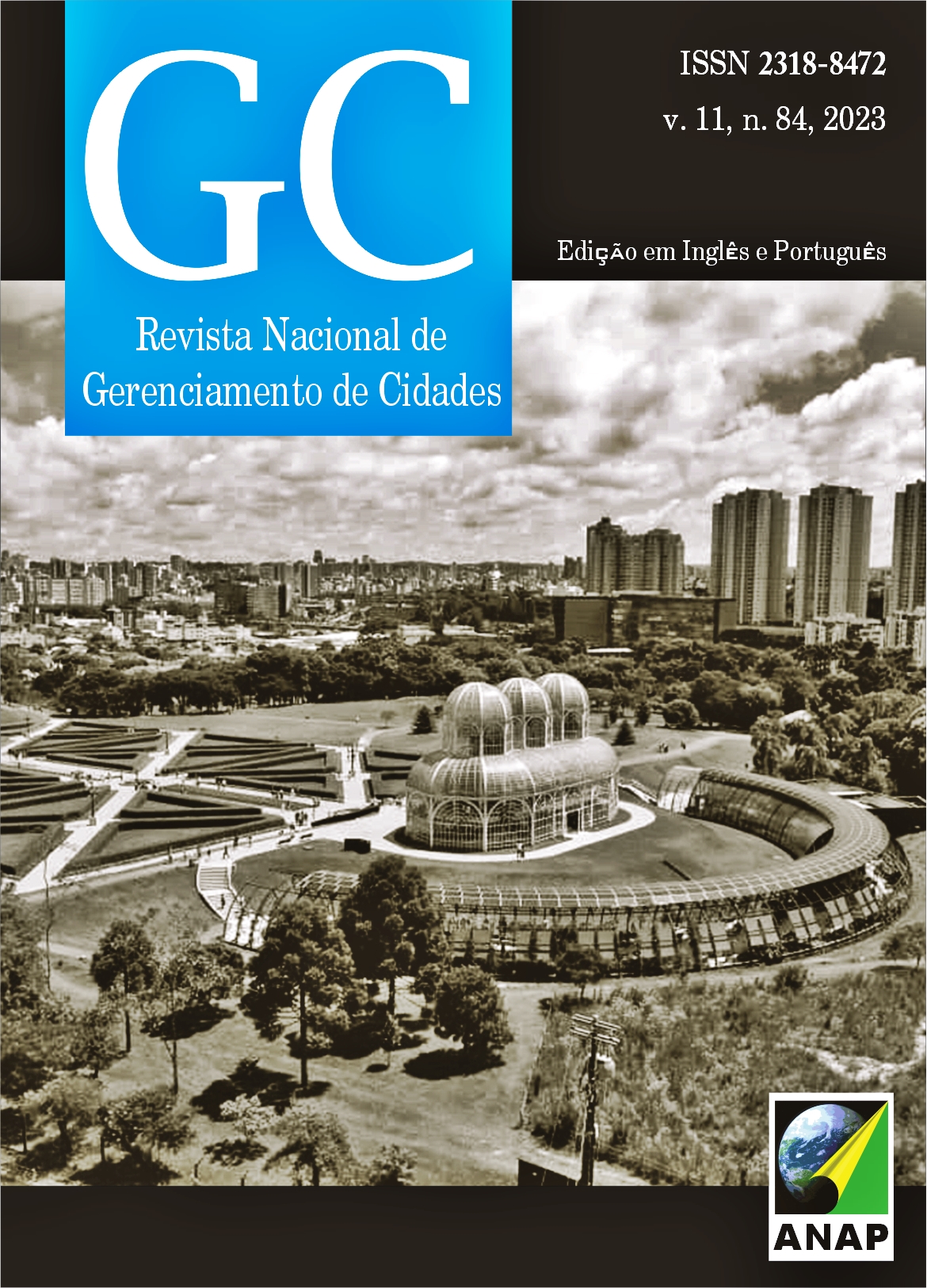Energy efficiency optimization of architectural projects using an Evolutionary Algorithm combined with Energy Plus
DOI:
https://doi.org/10.17271/23188472118420234677Palabras clave:
Genetic Algorithms, Energy Efficiency, EnergyPlusResumen
This study formulates an optimization problem that adjusts social housing physical parameters to minimize energy consumption and thermal discomfort. Candidate solutions were generated using Genetic Algorithm via the Python computational platform and evaluated on the EnergyPlus program. The analyzed social housing unit meets minimum conditions according to Brazilian standards NBR 15575 and 15220 and the Federal Government’s Casa Verde Amarela Program. Optimization variables included cardinal tweaking; thickness of materials that make up external walls, roofing, and flooring; external wall and roof absorptance; floor-to-ceiling height and window size. Unlike other studies, instead of optimizing the thermal transmittance of walls, roof, and floor, we decided to directly target their thickness and to optimize window size and the floor-to-ceiling height. Evaluated according to different physical project configurations, the results proved to be coherent, presenting adequate variable exploration in order to obtain a project that universalizes the use of simple and systemic techniques to improve energy efficiency and that can be applied to any type of housing. We also obtained solution automation, providing an optimal feasible solution that increases energy efficiency and reduces energy consumption, thus contributing to a more sustainable project.
Descargas
Descargas
Publicado
Número
Sección
Licencia

Esta obra está bajo una licencia internacional Creative Commons Atribución-NoComercial-CompartirIgual 4.0.














